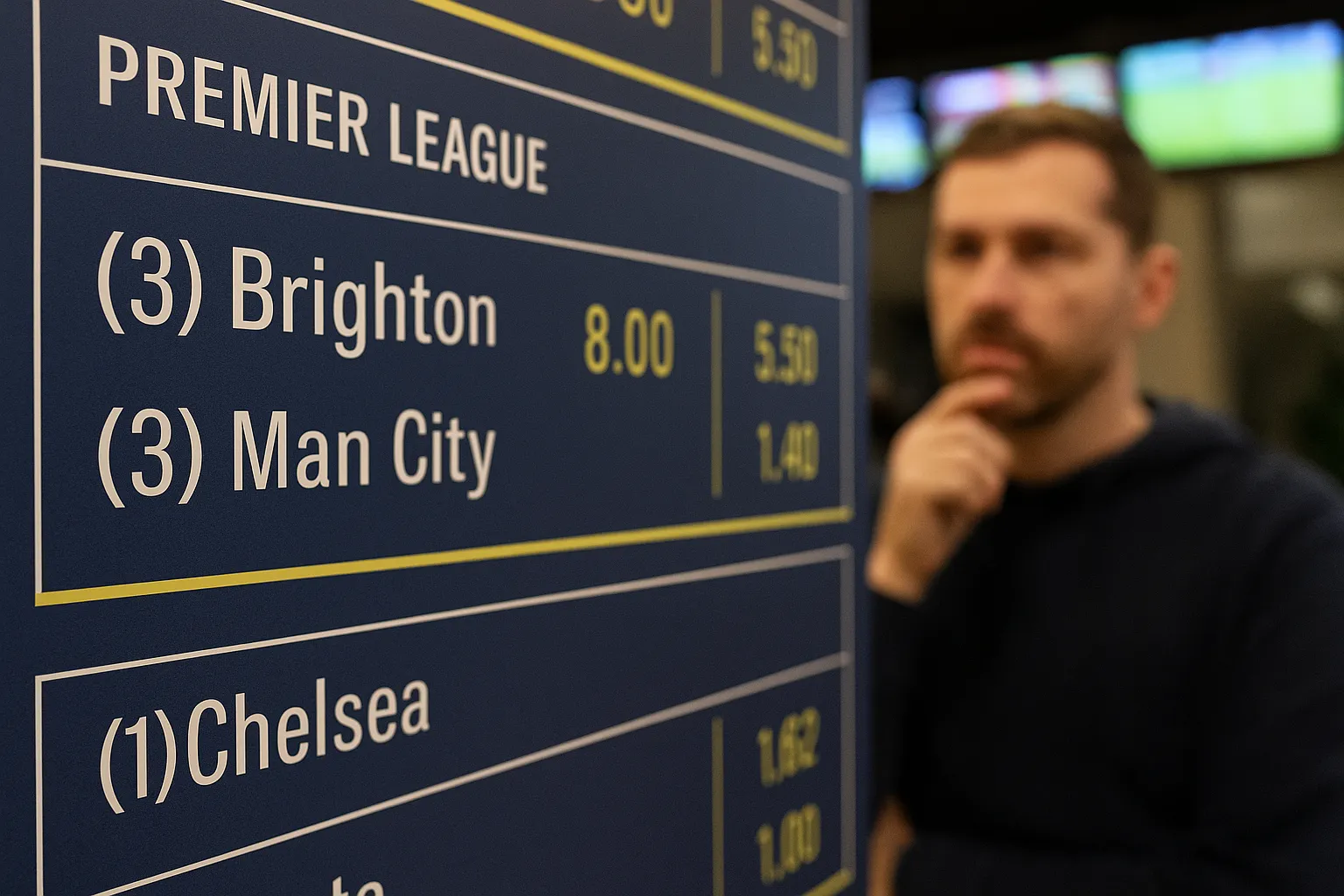Betting odds are often presented as cold, hard numbers. They appear objective, mathematical, and precise—yet anyone who has placed a bet knows that odds are not always dictated purely by statistics. Emotion, perception, and even hype can play just as much of a role in shaping the numbers as the data behind them. The question is: do betting odds reflect emotion more than statistics? The answer depends on how deeply you look into how odds are created and how bettors influence markets.
The Statistical Foundation of Betting Odds
At the heart of betting odds are statistics. Bookmakers use models that incorporate team performance, player injuries, historical results, and countless other measurable variables. For example, if a football team has won six out of their last seven games, their odds will naturally shorten against an opponent on a losing streak. In theory, this is how betting markets should work: logical and data-driven.
However, betting markets don’t exist in a vacuum. Odds are not only about predicting outcomes—they’re also about balancing money on both sides of the market. This is where emotion begins to seep in, subtly reshaping the numbers in ways pure statistics never intended.
A good comparison is with non uk casinos accepting uk players, where odds, games, and offers are designed to appeal not just to probability but to the emotional pull of excitement and accessibility. Just as casinos balance numbers and psychology, bookmakers must do the same with their odds to ensure profitability and engagement. This blend of science and sentiment is what makes betting odds so complex to interpret.
Emotion’s Influence on Betting Odds
One of the clearest ways emotion affects odds is through the betting public itself. Bookmakers don’t just set odds based on statistical likelihood—they adjust them according to how much money is flowing in on each outcome. If thousands of fans rush to back a popular team, the odds will shorten regardless of whether the data supports it.
Take a big event like the World Cup. National pride, media hype, and fan loyalty often drive bettors to back their home country, even if the team has little chance statistically. The bookmaker, needing to protect against large payouts, will alter the odds. The result is that emotional betting can distort the statistical picture.
The Role of Perception and Media
Media coverage also plays a role in shaping emotional influence. When pundits hype up a star player’s return from injury or a club’s winning “spirit,” bettors are more likely to back them. Even though statistics may suggest otherwise, the sheer volume of emotional money forces odds to shift. This creates inefficiencies in markets that savvy bettors look to exploit.
It’s not unlike sports marketing itself. Just as brands such as Intersport UK thrive by connecting with passion rather than pure performance, betting markets thrive on the emotional side of sport. Numbers may form the foundation, but it’s the stories and narratives that drive much of the action.
Smart Bettors and the Balance Between Emotion and Data
For experienced bettors, the blend of emotion and statistics is where opportunity lies. By identifying when odds have been skewed by public sentiment, they can place bets that offer better value. For example, betting against an overhyped favorite might yield greater returns if the odds no longer match the actual probabilities.
This is why betting is often described as part science, part art. Relying only on statistics may ignore the powerful sway of human behavior, while relying only on emotion is a fast track to losses. The balance lies in understanding both and recognizing when markets are being distorted.
Will Emotion Always Outweigh Statistics?
In the long run, statistics do tend to prevail. Over a season, the numbers usually catch up with hype. Teams that consistently underperform eventually have odds that reflect reality. Yet in the short term, emotion often takes the driver’s seat. High-profile matches, sudden shifts in form, or even viral social media posts can temporarily sway odds far away from their statistical base.
This makes live betting particularly interesting. In-play odds update in real time, but they also react to how people are betting during the game. If momentum feels like it’s shifting, odds will change rapidly—even before the data fully supports it. This interplay between perception and fact ensures that betting remains dynamic, unpredictable, and emotionally charged.
Final Thoughts
So, do betting odds reflect emotion more than statistics? The truth is that both play a role, but emotion often exerts more immediate influence, especially in the short term. Statistics form the backbone of the odds, but bettor behavior, media narratives, and public sentiment push those numbers in directions that defy pure logic.
For bettors who understand this, there’s opportunity. By recognizing when odds are being driven by hype rather than hard data, they can find value bets hidden in the noise. Ultimately, odds are not a perfect mirror of probability—they are a complex reflection of both numbers and human nature.




